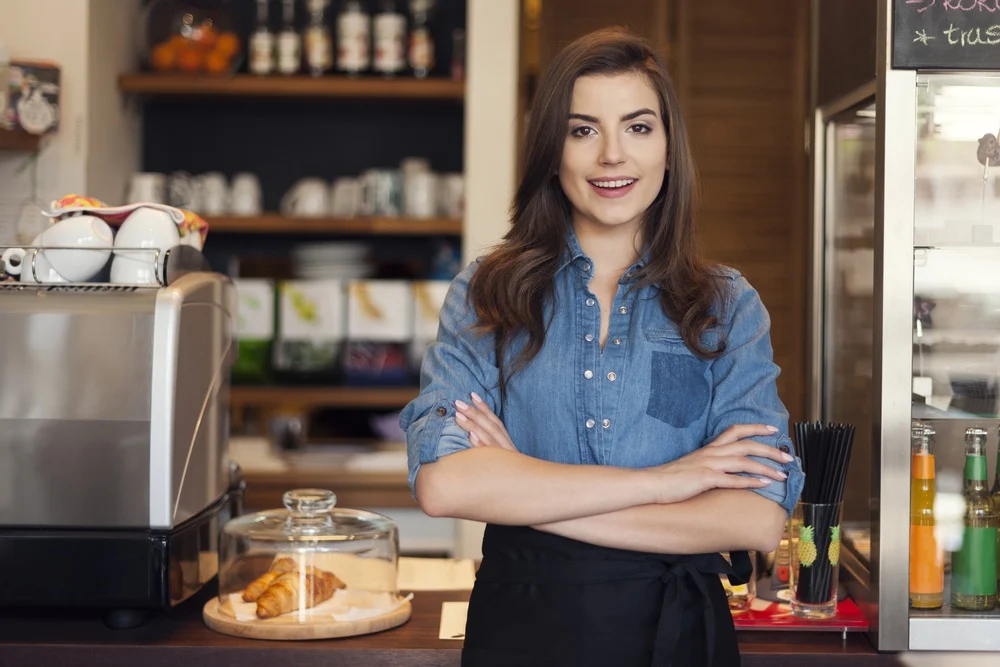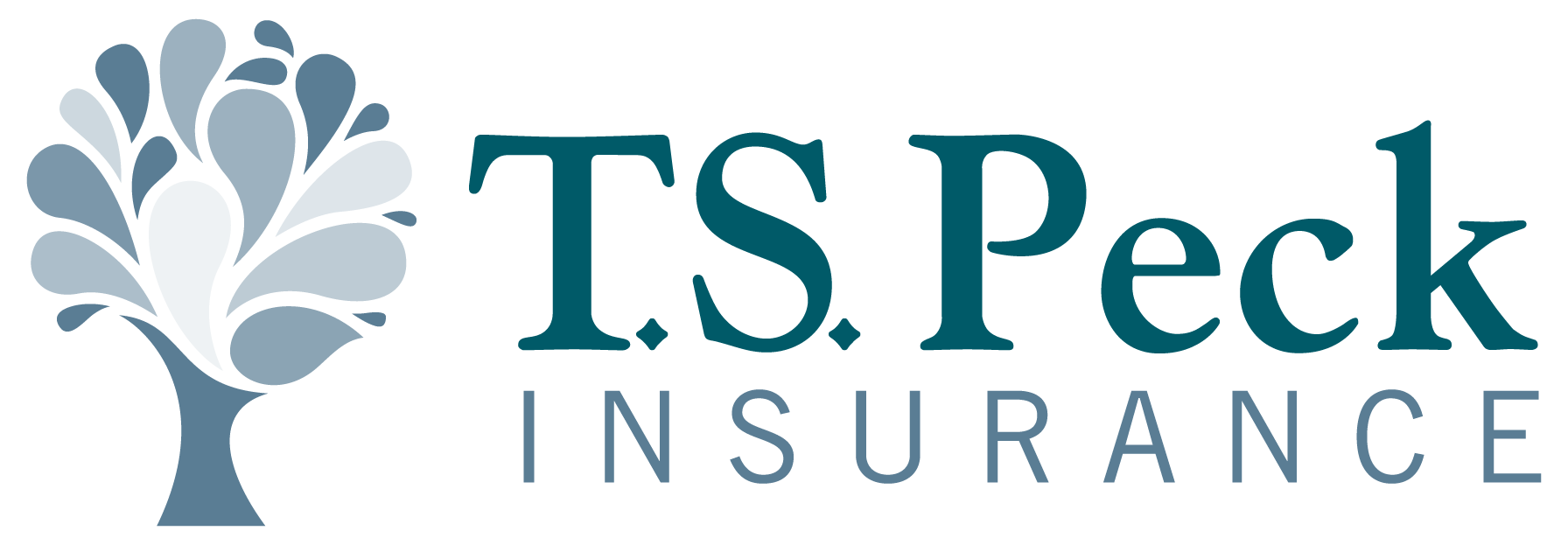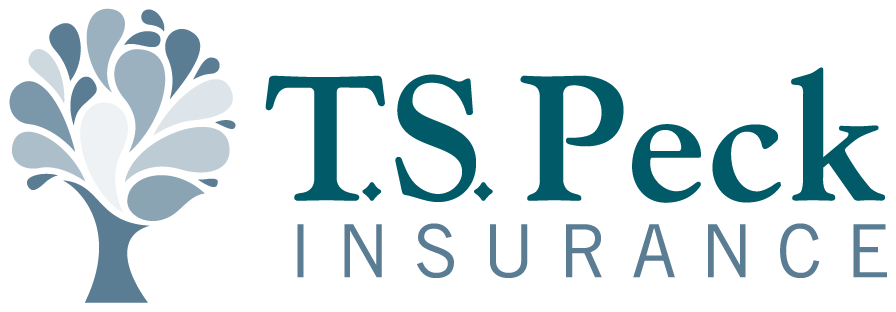Major venues, such as concert halls, performance theaters and sports stadiums, draw lots of people to an area, and the crowds they bring in often patronize nearby businesses before and after events. In fact, many smaller businesses that surround large venues rely on the venues’ events to provide a large portion of their patrons — and revenue. If you own a business in Burlington, Vermont and rely on one of the city’s venues to bring in customers, do you know what would happen if the venue ever closed? If you’ve never considered such a scenario, it might be time to talk with an insurance agent about getting restaurant insurance that has supplemental venue coverage.

Why is Nationwide raising insurance
Should Your Eatery in Burlington Have Supplemental Venue Coverage as Part of Its Restaurant Insurance?
Relying on a Burlington Venue for Patrons and Profits
Opening a restaurant near a venue can help your establishment attract patrons, which in turn can help increase its profits. It also, however, exposes your restaurant to another risk. Should the venue ever close, either permanently or temporarily, your restaurant might lose a significant portion of its customer base.
While it might be impossible to imagine one of Burlington’s concert venues or one of the University of Vermont’s sports stadiums closing, disasters can affect large venues as well as small businesses. An unforeseen disaster can force a hall, theater, or stadium to close. Even if the closure is only temporary, your restaurant might not be able to wait until the venue reopens.
Without a way to compensate for the loss of patrons and revenue, your restaurant might go under while the venue is being rebuilt. Lease payments, employee wages, taxes, and other expenses won’t wait until your establishment’s making a profit again. Before the venue reopens, you might be forced to close your establishment.
Protecting Your Restaurant with Supplemental Venue Coverage
Supplemental venue coverage is a specialized form of insurance that’s designed to protect against this specific liability. Should a nearby venue that provides a large portion of your restaurant’s patrons close, supplemental coverage might provide supplemental income until the venue opens again. Even though your restaurant might look empty, supplemental venue coverage could help you keep the lights on, stoves cooking and, most importantly, bills paid.
(As with any insurance coverage, what claims are covered and what payments are provided depend on a policy’s particular terms and conditions. When getting supplemental venue coverage, you should pay particular attention to the terms and conditions of any restaurant insurance policy you’re considering. These will define what’s considered a covered claim and how much the policy will pay on a claim.)
Getting Restaurant Insurance with Supplemental Venue Coverage
Because supplemental venue coverage is a specialized insurance coverage, it’s not included as a standard feature in all restaurant insurance policies. If your restaurant needs supplemental insurance coverage, contact an independent insurance agent in Burlington. They’ll be able to help you compare the various policies that include supplemental coverage so you can select the one that provides the protection your restaurant needs.
rates?
Nationwide is far from the only insurance company that’s raising insurance rates. There are several reasons driving rate hikes across the industry, including in both auto insurance and homeowners insurance policies.
Some factors primarily affecting auto premiums include:
- People driving more miles annually
- People filing more collision claims
- Vehicle repair costs increasing
- Medical costs for injuries increasing
Some factors affecting homeowners premiums include:
- Rising material costs for repairs
- Rising labor costs for repairs
- More large natural disasters
Of course, these factors are impacting rates of other policies too. Vermont residents tend to notice the increases in auto and homeowners the most, however, as these are widespread policies that can cost more than others.
Nationwide’s rate increases aren’t the highest
As much as Nationwide customers are undoubtedly paying more, Nationwide actually hasn’t increased rates as much as some other insurance companies. The national average for Nationwide’s auto insurance rates have gone up 8.8% so far in 2023, 18.9% in 2022-2023, and 29.5% since 2018.
That 29.5% is no small amount, especially considering how much auto premiums can be to start with. It’s certainly not as much as the 5-year increases that American Family Insurance (42.%), Farmers Insurance (50.2%), or even USAA (35%) have instilled from 2018-2023.
That’s not to say Nationwide’s rate increases aren’t a substantial burden, as an 18.9% 2-year increase is no small amount when the pieces of almost everything are increasing. It’s not just rate increases that Nationwide is using to address the factors leading to higher claim payouts, though.
This material is for informational purposes only. All statements herein are subject to the provision, exclusions and conditions of the applicable policy. For an actual description of all coverages, terms and conditions, refer to the insurance policy.

